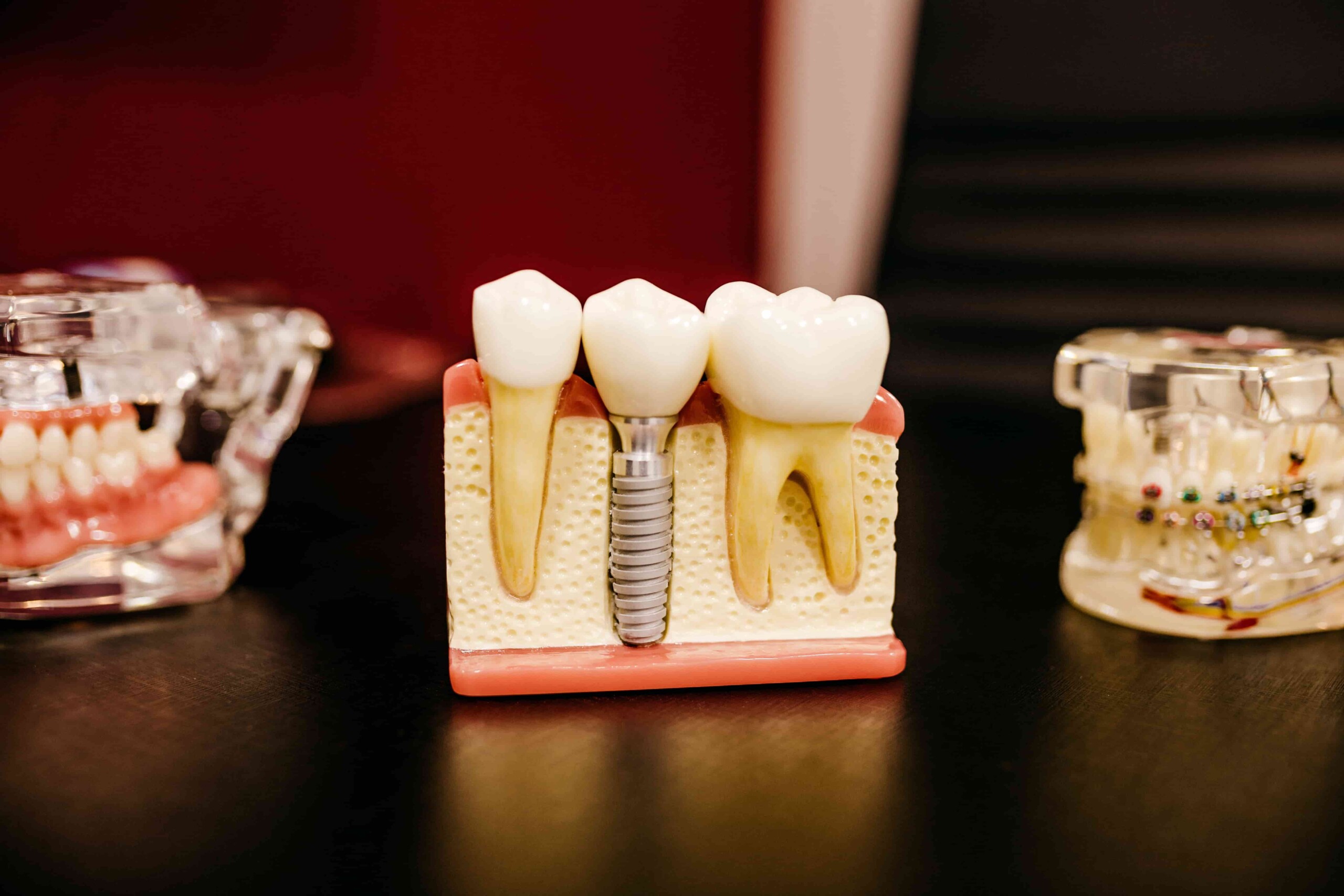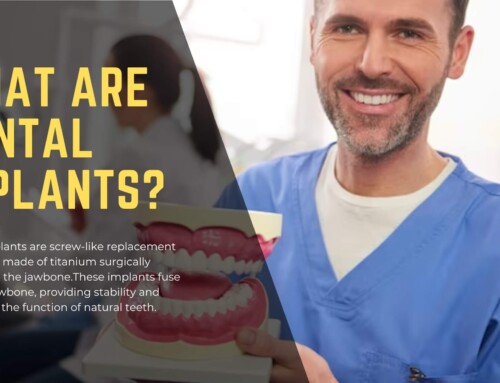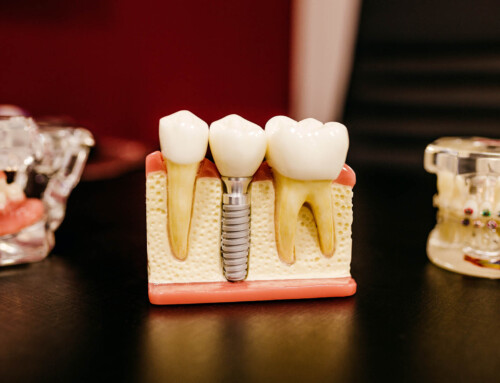Do you know that dental implant surgeries have a 98% success rate? Dental implants are low risk and restore aesthetics and functionality. There are side effects you need to consider for practical reasons but that shouldn’t deter you from considering or getting dental implants:
Infection
The invasion and growth of germs in the body. The germs may be bacteria, viruses, yeast, fungi, or other microorganisms. Infections can begin anywhere in the body and may spread all through it. If your dentist doesn’t clean the area thoroughly before placing the implant, bacteria may attack and cause infections. Dr. K will prescribe antibiotics before the surgery to help kill any bacteria present in the area. After the implants are placed, they should be left to heal properly for 3 to 6 months.
If your gums become inflamed, red, or sore, you need to consult your dentist immediately. Treating an infection as quickly as possible can help protect your implant, gums, and surrounding teeth.
Injury to the Gums, Bones & Blood Vessels
The gums or blood vessels may get damaged during dental implant surgery. When that happens, it loosens the implant, injuring surrounded tissue. If you’re in constant pain or the implant has become loose, immediately consult Dr. K.
Nerve Damage
If you experience numbness or a tingling response in the mouth, face, or gums, it could be the result of nerve damage. Consult Dr. K to reduce the risk of nerve damage. He will need X-rays prior to the surgery to properly place implants and avoid damage.
Sinus Problems
Misplacing implants in the upper row of gums can lead to sinus issues. An improperly adjusted implant can protrude into the sinus cavity and cause headaches and other sinus-related problems. X-rays help Dr. K figure out the most suitable location for implant placements to eliminate such issues.
Implant Fracture
Implant fracture occurs when an extreme force on the implant is applied. If your implant fractures, you will need to make a new one. So, avoid chewing hard food to prevent implant fractures.
Also, avoid clenching your teeth. Try to relax your jaw. You can even buy a night guard to prevent teeth grinding that damages natural teeth and implants.
Health Conditions
Health conditions like diabetes and osteoporosis can impact the bones. You need a strong immune system and sufficient bone density for dental implant surgery. So prior to deciding or opting for this procedure, provide Dr. K with your full medical history and/or ask him if this is a smart choice for you.
Dental Implants in Charlotte, NC
It’s best to talk to your dentist ahead of time. If you live in Charlotte, NC, our suggestion is to consult Dr. K, (Dr. Khalil Mjahed). Dr. K received his Doctorate of Dental Surgery in 2013 from the University of North Carolina at Chapel Hill School of Dentistry, where he became a Delta Sigma Delta Honor Society member. He is also a member of FICOI.
If you’re anxious about dental implants, we have you covered! You can reach Dr. K at 704-910-5006 or schedule an online appointment through the website.






